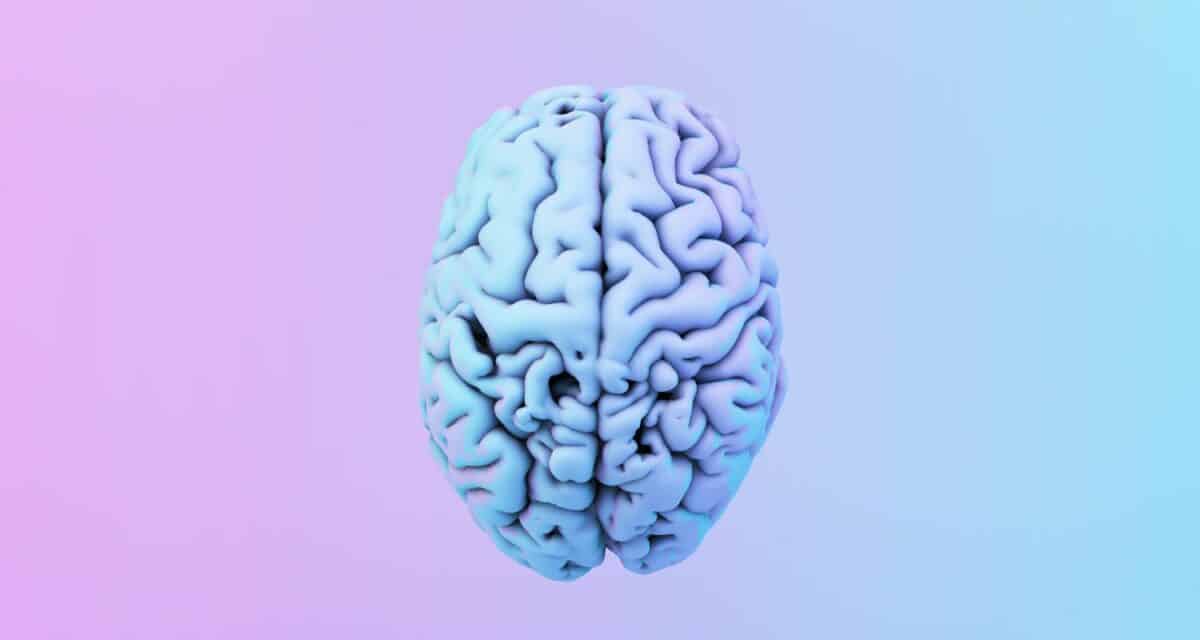- Pesticides Affect Hearing in Farmers - September 2, 2024
- Hearing Loss is #1 Disability for Veterans - August 1, 2024
- Untreated Hearing Loss linked to Dementia - July 1, 2024
As we age, our bodies undergo physical and cognitive changes, including changes to the brain that can impact critical thinking, memory, and decision-making abilities. In this article, we will explore the various lifestyle factors and hearing health that can promote brain health and reduce the risk of developing cognitive conditions.
Diet and Brain Health
Maintaining a well-balanced diet is essential for promoting a robust immune system and healthy blood flow, which can prevent or delay the development of chronic medical conditions that impact brain health. Research has shown that a healthy diet has a positive impact on hearing health and brain function. A healthy diet includes increased intakes of vegetables, fruits, legumes, and whole grains, limited intakes of dairy and meat, and the elimination of processed foods.
Sleep and Brain Health
Sleep is crucial for brain health, and adults need 7 to 9 hours of sleep per night. Unfortunately, many adults receive less than 7 hours of sleep, which can lead to sleep disorders. Sleep disorders, such as insomnia and sleep apnea, are often linked to medical conditions such as hearing loss, obesity, and high blood pressure, which can contribute to the development of other medical conditions and impact overall brain health.
Exercise and Brain Health
Regular exercise has been shown to improve cognitive function and reduce the risk of cognitive decline. Studies have also found that physical activity may improve hearing health by increasing blood flow to the inner ear.
Hearing Loss and Brain Health
Hearing loss is a common condition that can be caused by a variety of factors, including medical conditions, genetics, exposure to loud noise, and aging. If left untreated, hearing loss can contribute to the development of other medical conditions, including dementia, which disrupts cognitive functions such as critical thinking, problem-solving, and memory. Studies have found a link between hearing loss and cognitive decline, and the degree of hearing loss can increase the risk of cognitive decline.
Hearing Aids Could Really Help With Brain Health
Hearing aids are a common assistive device for people with hearing loss. These devices amplify sounds, making them louder and easier to hear. In addition to improving communication and reducing social isolation, hearing aids have been shown to have a positive impact on brain health.
One of the ways that hearing aids support brain health is by reducing the cognitive load on the brain. When people with hearing loss strain to hear and understand conversations, their brains must work harder to process the sounds and fill in the gaps. This increased cognitive load can lead to cognitive fatigue, which can further impact their ability to process information and make decisions. By amplifying sounds, hearing aids reduce the cognitive load on the brain, allowing people with hearing loss to communicate more effortlessly and with less effort.
Hearing aids also improve brain health by enhancing social engagement. People with hearing loss often avoid social situations because they find it challenging to communicate and may feel embarrassed or frustrated. Social isolation can have a negative impact on brain health, as it reduces opportunities for cognitive stimulation and can lead to cognitive decline. By improving communication and reducing social isolation, hearing aids can enhance social engagement, which can have a positive impact on brain health.
Finally, treating hearing loss with hearing aids has been linked to a reduced risk of cognitive decline and dementia. A 2021 study published in the Journal of the American Geriatrics Society found that using hearing aids was associated with a lower risk of dementia and cognitive decline in older adults with hearing loss. The study suggests that treating hearing loss with hearing aids may reduce the cognitive load on the brain and improve cognitive function, reducing the risk of cognitive decline.
Promoting brain health and reducing the risk of cognitive decline involves addressing various lifestyle factors such as diet, sleep, exercise, and hearing health. By making changes to improve these factors and seeking treatment for hearing loss, we can support our brain health and maintain cognitive function as we age. Taking steps to improve our brain health is never too late, and the benefits can last a lifetime.
If you’re looking for another way to stay sharp in your old age, consider hearing treatment! Contact us today to set up an appointment.

